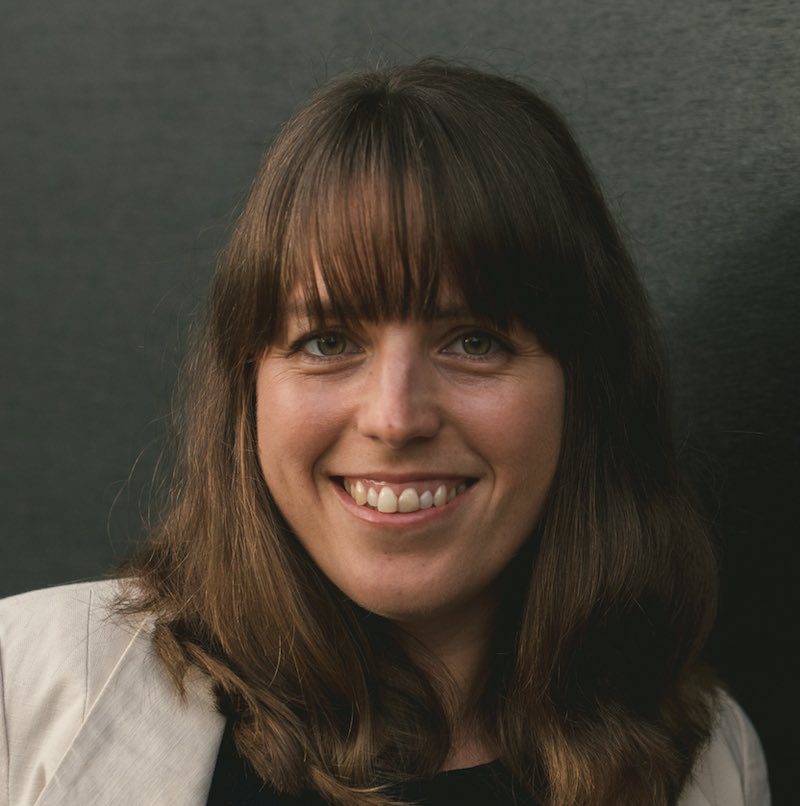Chinese brand BYD’s sole Australian electric vehicle (EV) has fixed a range of child safety issues and received a five-star safety rating, but only on models made after November 21.
The ATTO 3 electric SUV has been available in Australia since July but safety regulator Australasian New Car Assessment Program (ANCAP Safety) said the car maker needed to make the top tether anchor for child seats easily accessible and turn off features such as an airbag disabling switch that would allow young children to use the front seat.
All Atto 3 EVs made before November 21 are unrated, and ANCAP recommends owners of these EVs have BYD retrofit the ungrade as soon as possible.
It got its five-star rating in New Zealand in October.
“The extension of the five-star ANCAP safety rating to newly-built and updated vehicles supplied in Australia will be welcome news to new and existing ATTO 3 owners,” said ANCAP CEO Carla Hoorweg.
“This rating provides positive guidance to potential fleet buyers looking to increase the range of five-star electric vehicles on their purchasing lists.”
BYD sent out an urgent notification to all Australian owners in October saying they weren’t to use the centre child restraint.
The tether was there, but covered in fabric. As reported in TheDriven, anchor fittings need to be accessible without a car owner having to use tools to get to it.
The ATTO 3 received a rave review from TheDriven’s Riz Akhtar in August. For its build quality, driving, and inclusion of a Blade Lithium Iron Phosphate (LFP) Battery in a car under $60,000. The Atto 3 retails for around $50,000.
It’s been eagerly awaited by EV aficionados as the most affordable EV available in Australia to date.
Sales and deliveries of the car have surged since it was introduced to Australia, and it’s proven particularly popular in Queensland which has a lower car value ceiling of $58,000 for EVs to be eligible for its rebate program.
The Atto 3 was Australia’s second highest selling EV in September and October after Tesla, according to registration data secured by Drive, which counted 889 registrations.

Rachel Williamson is a science and business journalist, who focuses on climate change-related health and environmental issues.

